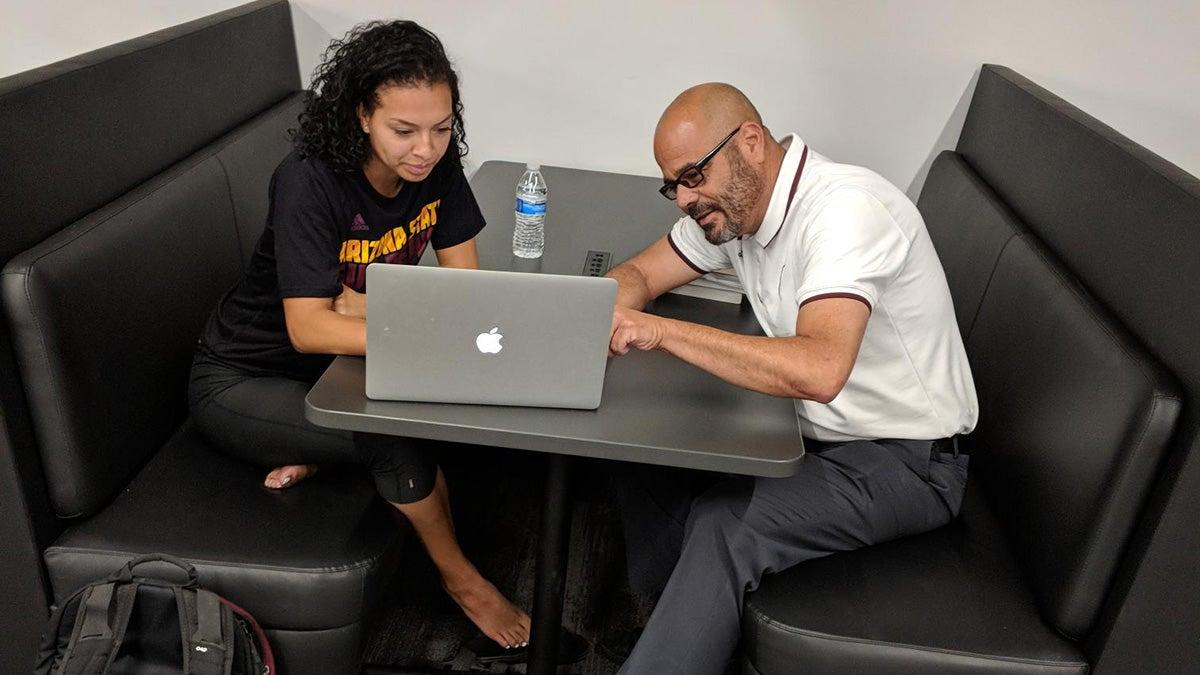
Traits of a Good Mentor
- Accessibility: An open door and an approachable attitude.
- Empathy: Personal insight into what the trainee is experiencing.
- Open-mindedness: Respect for each trainee’s individuality and for working styles and career goals different from your own.
- Consistency: Acting on your stated principles on a regular basis.
- Patience: Awareness that people make mistakes and that each person matures at his or her own rate.
- Honesty: Ability to communicate the hard truths about the world “out there” and about the trainee’s chances.
- Savvy: Attention to the pragmatic aspects of career development.
Source: Making the Right Moves: A practical guide to scientific management for postdocs and new faculty, Burroughs Wellcome Fund and Howard Hughes Medical Institute, 2006
More stories from the Graduate Insider

Inside Graduate College’s Three Minute Thesis competition
When Aliyah Egan stepped onto the stage as a master’s student in last year’s Graduate College Three Minute Thesis (3MT) competition, she faced a challenge familiar to many researchers: explaining complex, specialized work to an audience with little or no background in her field.

Mentoring with intention: Strengthening graduate support at ASU
January is National Mentoring Month, a time to celebrate the impact mentoring can have and to reflect honestly on where gaps remain. At Arizona State University, mentoring is recognized as a critical component of graduate student success.

Graduate education is an adventure
About eighteen months ago, I set out on a journey walking the islands of the Dodecanese during a sailing trip in Türkiye and Greece with several friends. Along the way, I found winding paths, timeless villages and breathtaking views of sea and sky. That experience got me thinking about how adventure shows up in other parts of life, especially in learning.